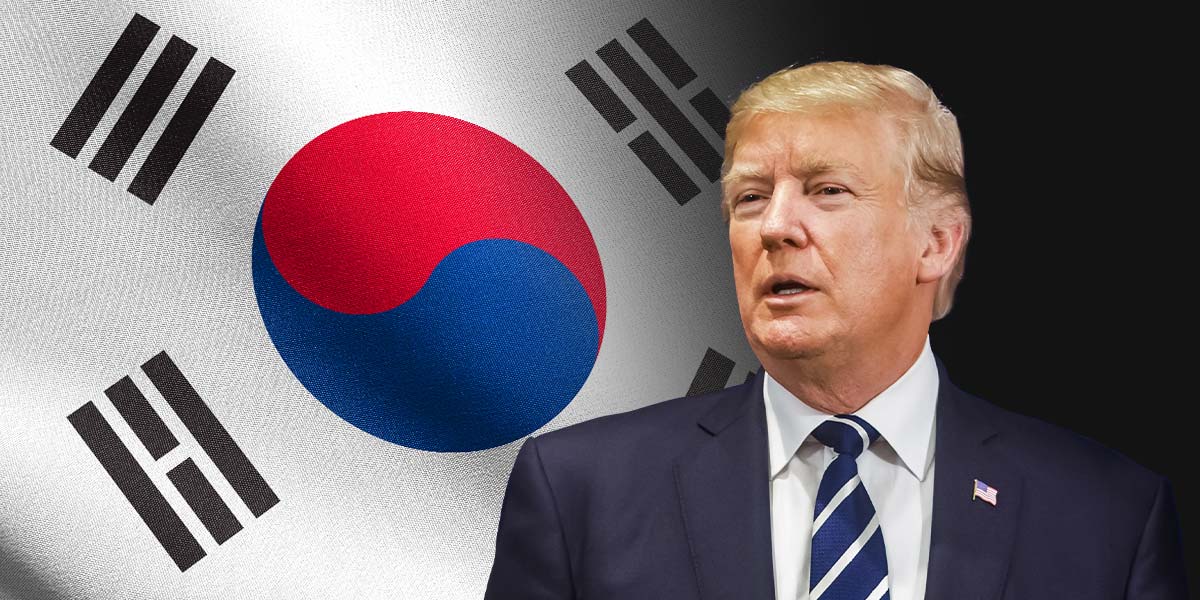U.S. President Donald Trump asserted that South Korea will deliver billions of dollars in “upfront” investments, a claim at odds with Seoul’s stance that meeting such U.S. demands without sufficient safeguards could trigger a financial crisis.
According to a South Korean government official cited by Reuters, this position contradicts the country’s understanding of its ongoing trade negotiations with Washington.
The South Korean official stated that neither South Korea nor Japan has agreed to make lump-sum investments. Instead, both countries intend to provide financing for projects only when the U.S. issues a formal “capital call.”
South Korea had pledged $350 billion for U.S. projects in July, but has resisted American requests for control over those funds, leaving formal trade deal talks deadlocked.
Earlier this month, President Trump finalized a trade agreement with Japan that lowers tariffs on Japanese autos and other goods in exchange for $550 billion in investments in American projects. U.S. officials are now pressuring Seoul to agree to comparable terms. In remarks at the White House, Trump told reporters that Japan and South Korea will commit to “upfront” investments totaling $900 billion.
These comments have added to uncertainty surrounding U.S.-South Korea trade negotiations, unsettling investors who are concerned that Seoul could be compelled into an unfavorable agreement or that discussions could stall altogether. Both Tokyo and Seoul, however, maintain that their investments will be tied to specific U.S. projects and not provided as lump sums.
A memorandum of understanding signed with Japan in September stipulates that investment funds should be deployed gradually, “from time to time,” through January 2029, with Tokyo transferring money within 45 days of the U.S. selecting a project. Japanese officials have not publicly addressed Trump’s remarks regarding “upfront” payments.
South Korea has stressed that major cash investments are untenable without safeguards, insisting any agreement must prioritize national interests and economic viability.
Analysts note that South Korean negotiators prefer structuring most of the financing as loans rather than direct investments, while also pushing for assurances that U.S. projects will be commercially sound.





